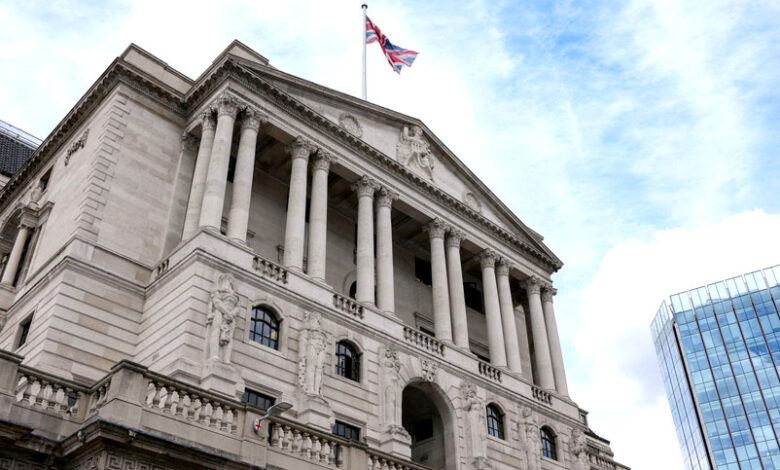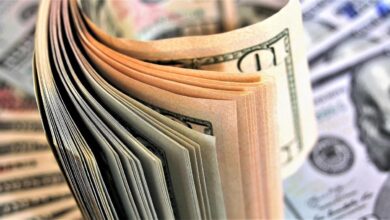The recession warning from the Bank of England highlights the UK budget proposal.

The Bank of England’s warning this week that Britain could enter a two-year recession highlights the importance of the decisions Prime Minister Rishi Sunak and his finance minister, Jeremy Hunt, are about to make over significant tax rises and spending reductions.
The BoE warned on Thursday that if interest rates rise as much as financial markets have been anticipating, Britain’s economy will contract for eight consecutive three-month quarters, the longest such streak in at least a century.
That would result in a more severe and prolonged economic downturn than those that followed the COVID-19 lockdowns and the 2007–2009 global financial crisis.
However, this time’s high inflation is restricting the government’s range of policy alternatives.
Even if borrowing prices don’t go up at all, the BoE’s projections still show a bleak picture of an economy that will shrink in five of the next six quarters because of high costs of living.
The central bank’s representatives emphasise that their goal is to reduce inflation, which is now running around 10% and more than five times their 2% objective, and that doing so will require some short-term economic hardship.
“The real economy is ultimately not our aim.” “Because we are implementing monetary policy, containing inflation is a need for us,” Hugh Pill, the chief economist at the BoE, said in an interview with CNBC on Friday.
He continued, “We anticipate that the slowdown in the economy will be necessary to control internal inflationary pressures and accomplish our aims.”
In light of this, Sunak and Hunt must present a strategy for fixing the public finances that both assuages investors who were alarmed by former prime minister Liz Truss’s unfunded tax cut proposals and minimises the economic blow.
Following Truss’s mini-budget, the pound plunged to a record low versus the dollar, and the Bank of England was forced to act to stop a fire sale of assets by British pension funds by purchasing 19 billion pounds’ worth of government bonds.
As he gets ready to present the new administration’s first budget plan on November 17, Hunt has warned about having to make hard choices about taxes and spending.
Jagjit Chadha, head of the National Institute of Economic and Social Research, says that typical solutions for a recession won’t work because the real problem in Britain and many other wealthy economies is an inflationary energy price shock.
According to Chadha, it is not a recession that should be countered by lowering interest rates and expanding the budget. Despite this, we must assist the poorest families, who have endured very trying times.
According to media sources, Hunt and Sunak may adopt that strategy by considering hiking taxes on capital gains and dividends as well as imposing a windfall tax on energy companies to close a 50 billion-pound budget gap. Analysts also anticipate further restraints on government expenditure.
The ruling Conservative Party has learned from its own austerity experiments a decade ago, according to Luke Bartholomew, senior economist at fund management firm ABRN, that spending cuts hurt the economy more than tax increases.
The real test for Sunak and Hunt will come next year, when a recession is unavoidably on the horizon and an anticipated election in 2024 will be on the horizon, as well as their ability to maintain the support of their own parliamentarians for their fiscal medicine.
Voters have given the Conservatives a lot of ground to make up. In a YouGov poll taken on Nov. 1-2, the opposition Labour Party had a 26-point advantage over the Conservatives, up from an 8-point advantage on the day of Truss’s mini-budget.
According to Bartholomew, “there’s not much they can do” to stop a recession. The challenge is to make it as brief as possible and end it by 2024 so they can claim we are in recovery going into an election.





